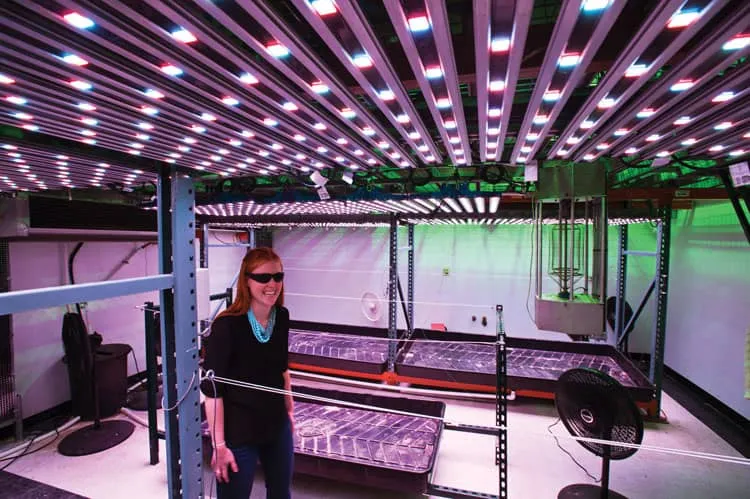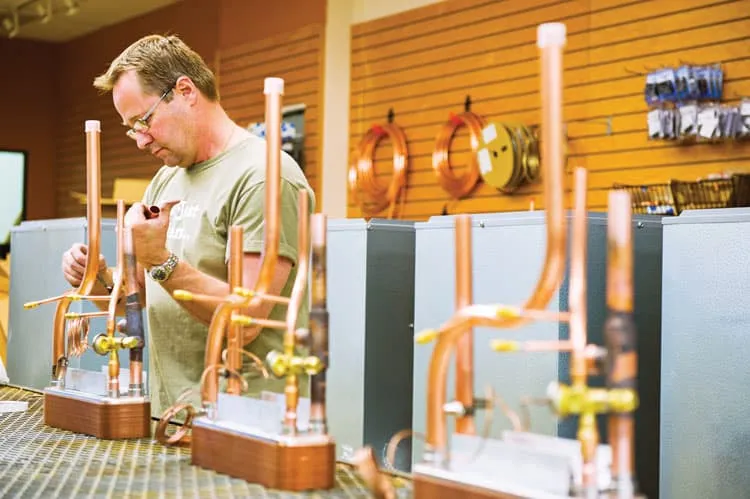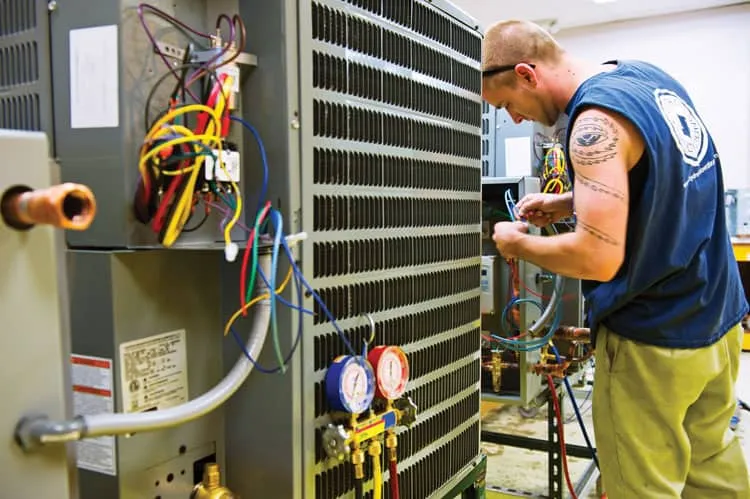Tech Backers See Colo. as ‘Silicon Valley of Weed’



BOULDER – Tom Bollich sees similarities between the marijuana business and the tech sector in which he saw extraordinary success.
Bollich, co-founder of Zynga Inc. (Nasdaq: ZNGA), the San Francisco-based online gaming company that developed the popular franchise FarmVille, has entered Colorado’s fledging legal marijuana industry…
THIS ARTICLE IS FOR SUBSCRIBERS ONLY
Continue reading for less than $3 per week!
Get a month of award-winning local business news, trends and insights
Access award-winning content today!
